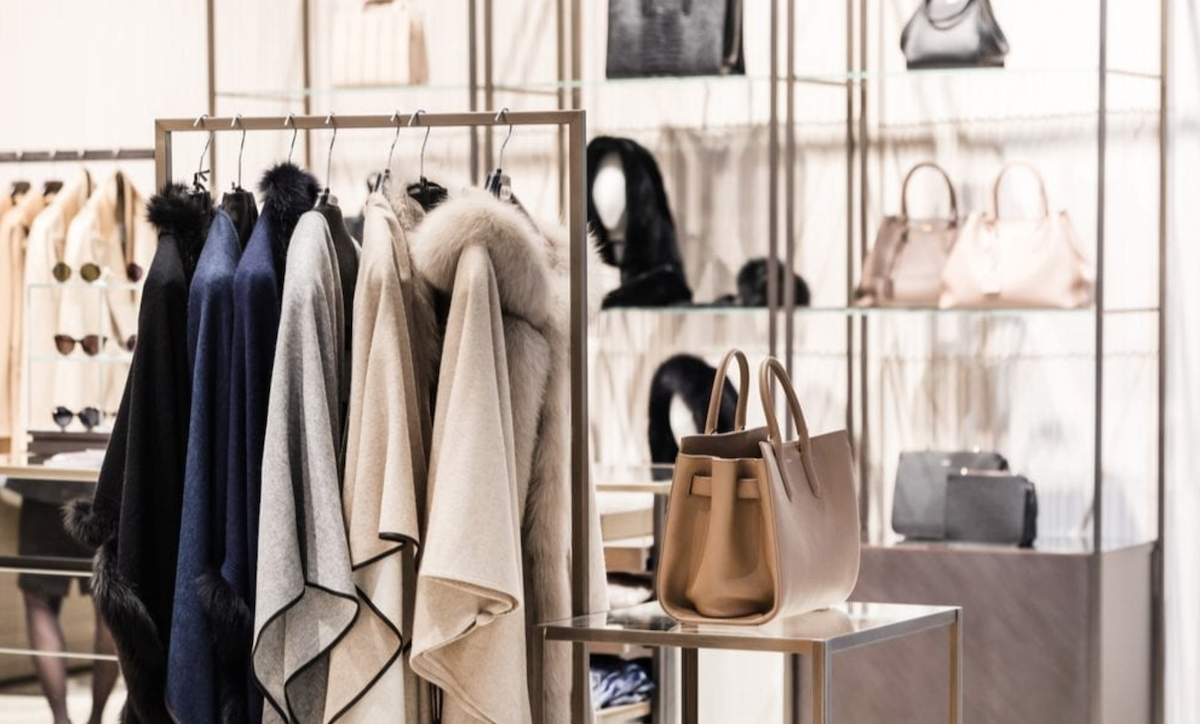Tariffs and a decline in tourism in Japan and Europe are reportedly hurting the luxury sector.
That’s according to a report late Sunday (Aug. 3) by the Financial Times (FT), which notes that LVMH, Prada and Moncler were all dealing with a decline in spending from American travelers in Europe and by Chinese visitors to Japan.
Those tourists had helped drive sales in both Japan and Europe last year, the report said. But now, the yen is recovering in Japan and the dollar is dropping in value, while demand for luxury goods from consumers in China and the U.S. is muted.
LVMH Chief Financial Officer Cécile Cabanis pointed to changes in tourist spending patterns as to why sales at its crucial fashion and leather goods division fell 9% in the second quarter.
Spending by American tourists dropped “very strongly,” Cabanis told the FT in July, adding that an uptick in spending from locals in Asia was not enough to offset a drop in shopping in Japan.
During an earnings call last month, Cabanis was asked if LVMH — whose brands include Louis Vuitton and Dior — was pricing its goods too high since less expensive brands like Coach saw higher sales. She responded that the company’s philosophy is to continually elevate its brands.
“We are not Coca-Cola,” she said.
Cabanis acknowledged that long-standing luxury brands need to reach younger consumers who might not have the same spending power as older customers, but said LVMH would not pursue a strategy of deep discounting.
“We refuse to do that with cheap bags,” Cabanis said.
Meanwhile, a downturn in travel is impacting other areas of the economy. As covered here recently, travel spending has been virtually flat this year, with foreign visitors to the U.S. dropping 6.6% year over year in April.
“Tourists would come with empty suitcases, and they would go out, fill the suitcases up and then ship those suitcases home,” Floris van Dijkum, managing director at financial services firm Ladenburg Thalmann, told Bloomberg News.
Now, shopping habits are changing, and while the “jury is still out on the ultimate impact, … clearly you’re going to see some pressure,” he said.
A separate report by The Wall Street Journal (WSJ) last month noted that workers in Las Vegas who depend on tips were seeing a drop in income as tourists stayed home.
“It’s an old saying that if the economy sneezes, Vegas gets the flu,” Ted Pappageorge, secretary-treasurer of the Culinary Workers Union, told WSJ.
